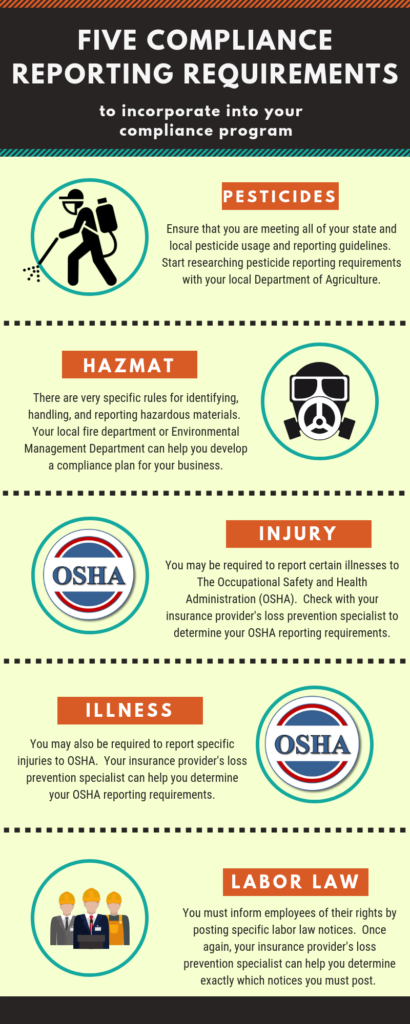A number of laws have gone into effect in 2021 which may have a major impact on cannabis industry employers; clearly understanding the changing legal landscape is essential to avoid and limit potential liability in the new year and beyond. Below is a brief summary of some relevant new employment laws in cannabis friendly states:
California:
 Expansion of family and medical leave: California has long required employers to provide job protected medical and family leave if an employee worked at a jobsite with 50 or more employees within a 75-mile radius.
Expansion of family and medical leave: California has long required employers to provide job protected medical and family leave if an employee worked at a jobsite with 50 or more employees within a 75-mile radius.- Senate Bill 1383 now requires all employers with five or more employees to provide up to twelve weeks of unpaid, job-protected leave for employees to bond with a new child or to care for themselves or a family member suffering from a serious health condition. To be eligible for the leave, an employee must have at least 12 months of service with the employer and have performed at least 1,250 hours of work in the previous 12-month period. While on leave, employees are entitled to continue to participate in an employer’s health insurance plan and to return to their job or a comparable position at the conclusion of their job-protected leave. Previously exempt small employers should be aware of these obligations moving forward.
- Employer Pay Reporting Requirements: Under Senate Bill 973, employers with 100 or more employees that are required to file an annual Employer Information Report, colloquially known as the EEO-1 report, must submit annual information on its employees’ pay data to the state’s Department of Fair Employment and Housing (DFEH). The report must include the number of the employer’s employees by race, ethnicity and sex in specific job categories and pay ranges and their associated work hours and earnings.
- The first report is due on March 31, 2021, and the DFEH has prepared an online portal to assist employers in submitting this information. These reports can be complex and address highly sensitive information, so employers are strongly advised to contact counsel for assistance in preparing and submitting their first report.
Washington
- Increased pay requirements: Washington’s inflation-based minimum wage system has increased the minimum wage to $13.69 per hour in 2021. Employers with 50 or fewer employees must also pay salaried employees at least $827 per week (or $43,004 per year) and employers with more than 50 employees must pay at least $965 per week (or $50,180 per year) starting January 1st.
Colorado
 Equal Pay for Equal Work Act: Beginning in 2021, all employers with at least one employee must: (1) provide formal notice to Colorado employees of promotional opportunities; and (2) disclose pay rates or ranges in job postings that could be performed in Colorado (this includes virtual or remote work positions).
Equal Pay for Equal Work Act: Beginning in 2021, all employers with at least one employee must: (1) provide formal notice to Colorado employees of promotional opportunities; and (2) disclose pay rates or ranges in job postings that could be performed in Colorado (this includes virtual or remote work positions).- The Equal Pay for Equal Work Act generally requires employers to take reasonable efforts to promptly announce, post, or otherwise communicate all opportunities to all current employees prior to making a promotion decision. An employer must communicate promotional opportunities when it has or anticipates a vacancy or a new position that could be considered a promotion for current employees in light of pay, benefits, status, duties or further potential promotions.
- Under the law, job postings must also include: (1) the rate of pay or pay range for the position; (2) a general description of bonuses, commissions or other forms of compensation offered with the job; and (3) a description of the employment benefits associated with the position.
Cannabis industry employers face a range of new laws, even absent the continued legal burden of managing employees during the COVID 19 pandemic. Employers should consider carefully reviewing all applicable laws and seeking guidance from counsel when needed.










